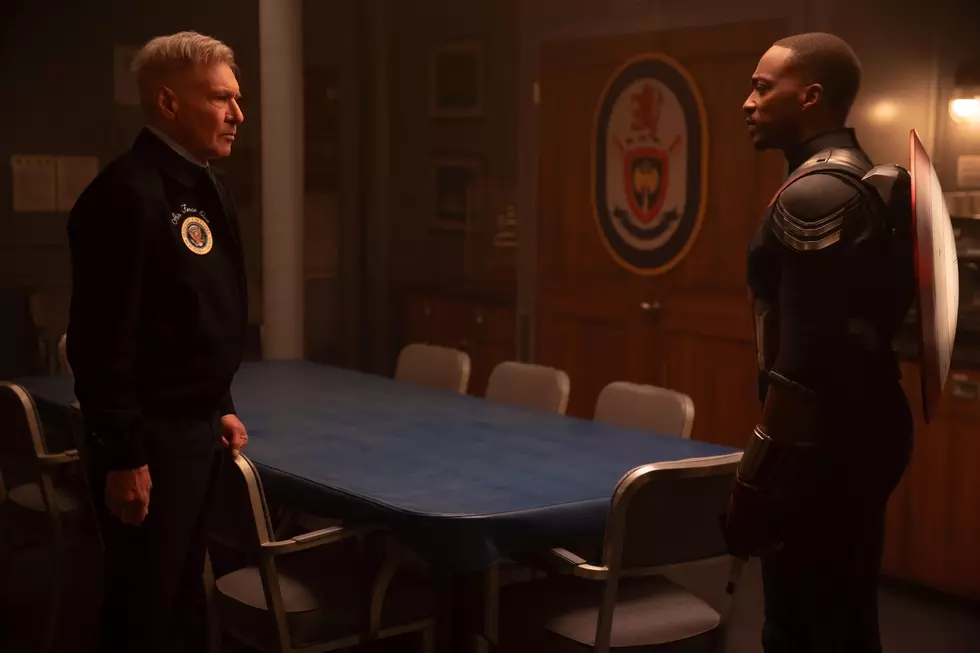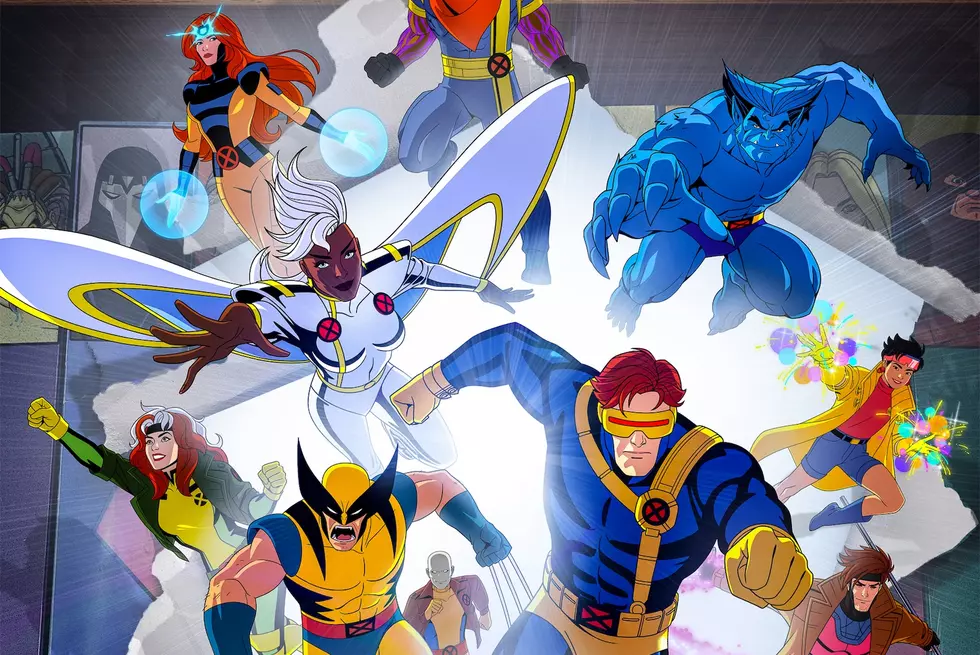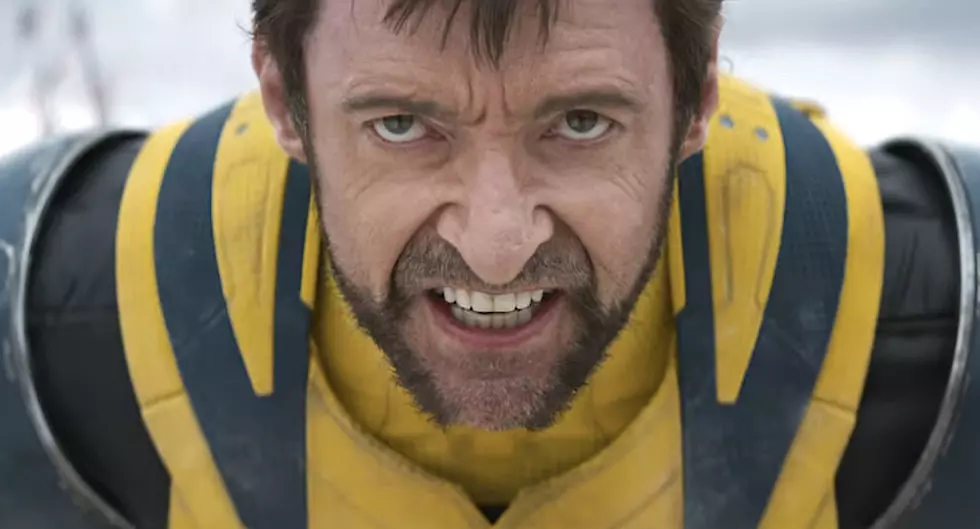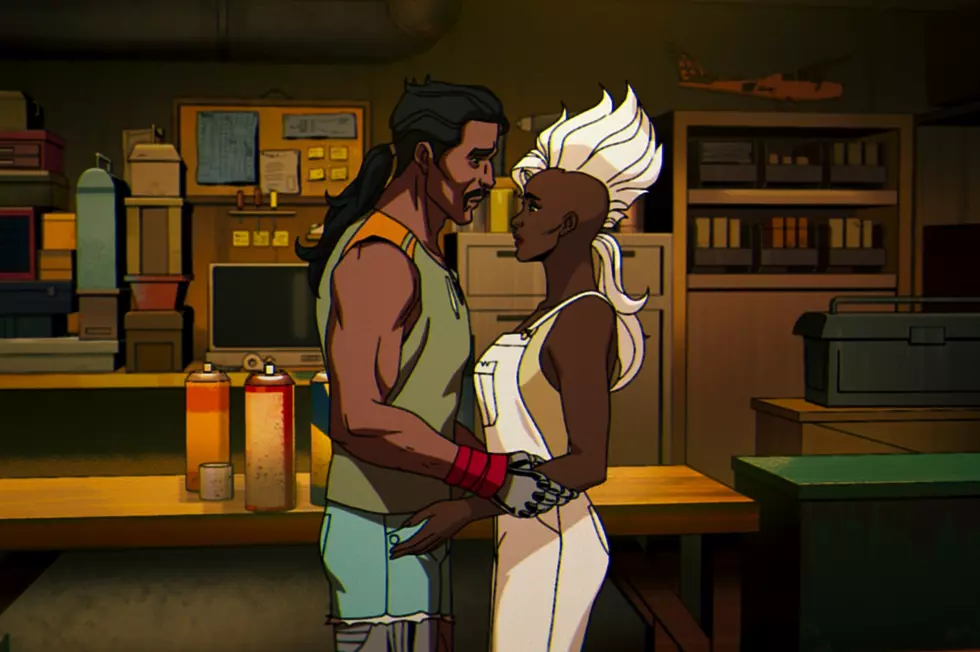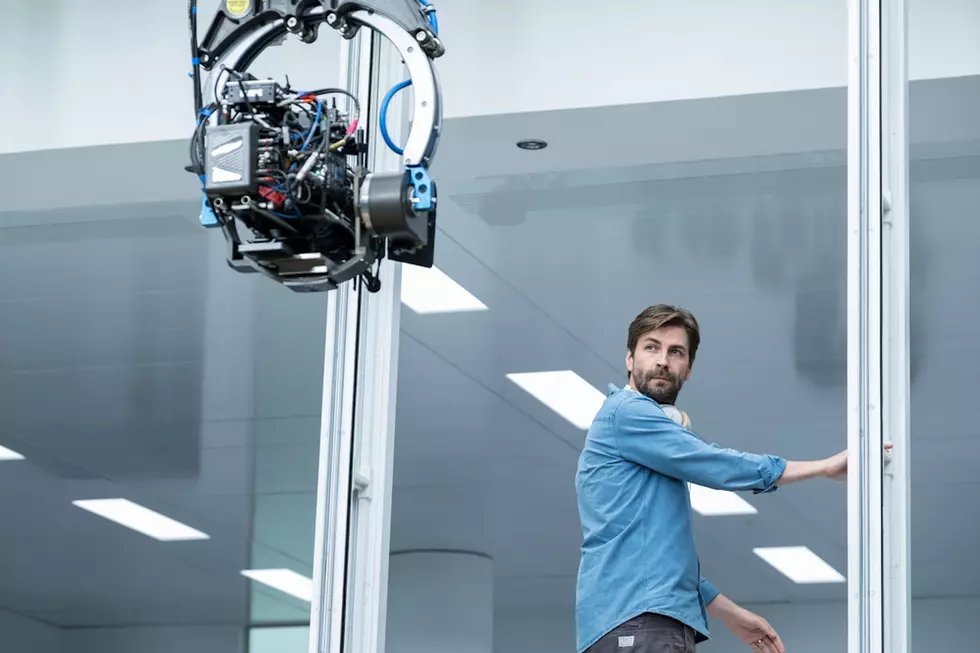
Jon Watts on Directing ‘Spider-Man Far From Home,’ And Making the Follow-Up to the Biggest Superhero Movie Ever
The following interview contains SPOILERS for Avengers: Endgame, but not for Spider-Man: Far From Home.
Not too many directors can claim they directed a movie about a lead character who was dead — but Jon Watts can. Last spring, in Avengers: Infinity War, Peter Parker joined Earth’s Mightiest Heroes and was promptly killed by Thanos. As advertising for another Spider-Man sequel, this was an unorthodox choice to say the least. For about a year, through much of the production and post-production of Spider-Man: Far From Home, Spidey was kaput (at least as far as the public knew). Did that make Watts’ job any weirder?
“Oh yeah,” he told me during a recent phone interview. “It was very bizarre. But it also leads to some very fun fan theories that I always enjoy reading. Some people thought [Far From Home] was a flashback and it takes place in the past. Or somehow in between Homecoming and Infinity War. But I think most people were like ‘I don’t think they’re actually going to kill Spider-Man.’”
Sure enough, Spidey did return in Avengers: Endgame — setting the stage for Watts’ second Spider-Man film. During our conversation, we talked about what it was like directing the follow-up to the biggest superhero movie of all time. We also discussed whether directing the coda to such a secretive production made his job more difficult, whether he still wants to make more Spider-Man movies, and why Michael Keaton’s Vulture didn’t return for this sequel.
When did you start working on this film? And at what point in the process do you know what’s going to happen to Spider-Man in Infinity War?
I started working on it almost immediately after we finished the last one. And I was one of the select few that knew what was happening in Infinity War and Endgame, and would get updates as things evolved and changed on their end. So I always knew, and I had to keep that secret. Which was very stressful.
So you’re getting updates from the Avengers movies; did anything they changed along the way affect the making of Far From Home?
Nothing dramatic. I think there were sometimes questions about who was going to make it and who wasn’t. That would shift around. But we always knew what was going to happen to Tony. So then the challenge for me became juggling the more lighthearted tone that we had established in Homecoming with these much bigger, much heavier themes.
Right. And you’re making a direct follow-up to what has to be one of the most secretive productions in the history of movies. How much more difficult did that make your job than it was on Homecoming?
It was extremely difficult. Not only was there a lot of pressure on you when you know how big that movie’s gonna be, but also you have to keep so much of it secret from so many people. Just communicating about the movie becomes a very strange experience.
There were a lot of practical repercussions as well. We couldn’t have any of those murals of Tony Stark out in the world — because no one could see that. So we had to do all of that stuff digitally, or paint it secretly and then composite it onto the set later. Things like that. We had to keep it all secret.
Homecoming had a big role for Tony Stark, and I enjoyed the dynamic between him and Peter a lot. I know you said you knew all along that he was going to die before you got to make the sequel, but hypothetically, if you could have done a Far From Home with Tony Stark in it, would you have wanted to? Or are you happy with how his death played into your story for Peter?
Because I always knew that was going to happen, there was no way around it. There’s no way you could make a movie and not just acknowledge it. It was going to have to be about that. It was going to have to be about Peter dealing with loss. Loss is such a big part of who Peter Parker is. We didn’t tell the Uncle Ben story, because we didn’t tell an origin story in Homecoming. This was a way to explore a lot of those themes that exist in the comics, but doing it with Tony Stark instead.
Far From Home follows not just these two gigantic Avengers movies with Spider-Man, but also Into the Spider-Verse, which had a million Spider-Men in it. Did following these huge, epic films affect how you approached making this movie at all?
You always have to think about how your movie is going to fit into the large world, and yeah — you keep it in mind. But you don’t want it to get in the way of telling the best story you can.
So after I saw the movie I went back and looked at some of the trailers, and there’s this whole sequence in one of the trailers where Spider-Man is wearing his Iron Spider costume.
Oh yeah, yeah.
And he’s fighting a bunch of bad guys. And that’s not in the movie.
[laughs] That’s not in the movie.
Where was it originally supposed to go and what happened to it?
It’s funny because it seems like such an epic scene, but it was just part of a Peter’s errands montage.
Ah.
Things that he had to do before he left on his trip. He had to pick up his passport. He went to Delmar’s Deli, which has been rebuilt since it was blown up in Homecoming. He had to get a travel adapter and his dual-headphone adapter for the flight. And he had to take down this giant gang. [laughs] Those are his list of things he had to do before he went on his trip. We cut it out of the movie just for pacing; it wasn’t really necessary. But we’ve turned it into its own little short film that will be on the Blu-ray and on the digital download.
Oh, cool.
Yeah. They were fun little scenes, they just ended up not being necessary for the larger story we were telling.
I have to imagine, for you, as a filmmaker, it has to be fun that Marvel has gotten to the point where you can have a guy like Mysterio go “I’m from another universe!” and people go “Oh ok.” The audience just accepts that.
[laughs] Yeah.
That must give you a lot of freedom to play with who Mysterio is.
Well, when you think about the insane things that happened in Endgame, why wouldn’t you believe that? Half of the world disappeared and then came back, an alien with a magic glove brought an army to Earth, time travel is now possible. Like, who’s to say that Mysterio isn’t here from another dimension? Why wouldn’t people believe it?
When I interviewed you for Spider-Man: Homecoming, I asked if you wanted to make another Spidey movie and you said sure. Would you still want to direct another one now?
Uh, yeah. I think that would be a lot of fun. I’ve kind of painted myself into a corner with the ending, though, so I’ll have to figure something out.
The last thing I wanted to ask you about was the Vulture. The post-credits scene in Spider-Man: Homecoming strongly teased that he would return. But he never pops up in Far From Home. Was there ever a point in the process where there was a possibility Michael Keaton would be in the film?
Really, everything is a possibility. It’s just a question of is it the right thing to do for this story. As much as I love him in that character, there was never a moment where it felt like we could integrate him in a meaningful way and not just as an unnecessary cameo.
It does make you wonder though, what happened to all the prisoners that [disappeared when Thanos snapped his fingers]? I’m just making this up right now. Think about that: Half of everyone disappeared. So what happened to them? A prisoner being transported from one prison to another could suddenly disappear and then reappear five years later.
Or what if the prison guards vanished while he was being transported? Now he’s free. And people might just assume he got snapped by Thanos too.
Yeah, exactly! This is just fan-fiction now. It’s good.
Gallery — Every MCU Movie (Including Far From Home) Ranked:
More From ScreenCrush

